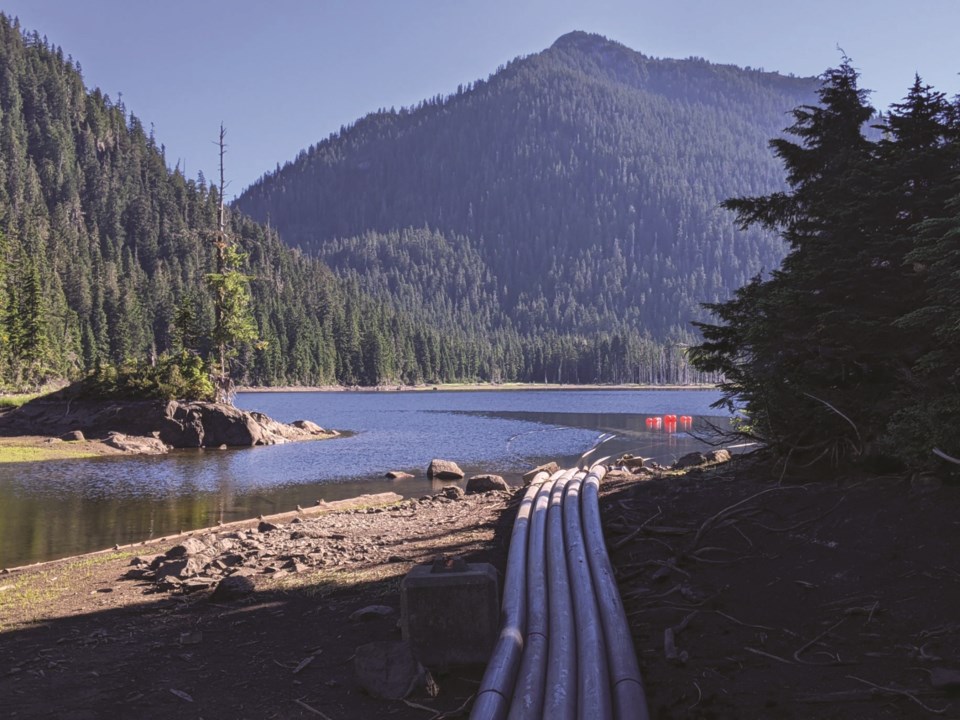The pitchforks came out this week, as one would expect, in outraged response to the Sunshine Coast Regional District imposing a total ban on outdoor watering at the height of the growing season.
Many of the angry letters blasted the SCRD board for failing to take action to increase the water supply for the Chapman system, except order study after study. Out of fairness and for accuracy, we wrote back to them pointing out the SCRD had made a significant decision, and was now waiting for the province to approve a water licence for the proposed Church Road well field. The new wells are targeted for completion next year and are expected to deliver the equivalent of about 50 per cent of the water supply deficit.
So, it’s not correct to say the SCRD has done nothing to resolve the water shortage. But are the planned solutions enough? Is the current board, as one letter writer suggests, merely looking at putting a Band-Aid on the problem?
When the consultants’ findings for the Church Road well field were presented to the board in December 2019, the projected impact on the water supply deficit came with a condition: “if per capita water consumption is reduced by 20 per cent, compared to 2010 levels.”
In May, we reported that the SCRD’s conservative estimate is that water meters will create a 30 per cent reduction from 2010 levels, and that the current demand is about 10 per cent below the 2010 demand.
Do these numbers sound convincing? If water use is 10 per cent below 2010 levels and we are sitting at Stage 4 at the earliest point in history, will another 10 per cent make much of a difference? Also, given the pace of development, is it realistic to expect water use to be sustained at one-third less than 2010 levels?
Back in 2018, when the previous board was debating whether to push ahead with an accelerated timeline for an engineered lake, Sechelt Indian Government District director Keith Julius tried to explain something to the board.
“We need more than what we’ve been discussing with the reservoir, the siphon, the channel, these wells, we actually need far more,” he said. Otherwise, he added, “we would actually be holding ourselves back … when it comes to certain developments that we have planned.”
Julius was telling the previous board to think bigger. Coasters are giving the same message to the current board. Are they listening?



